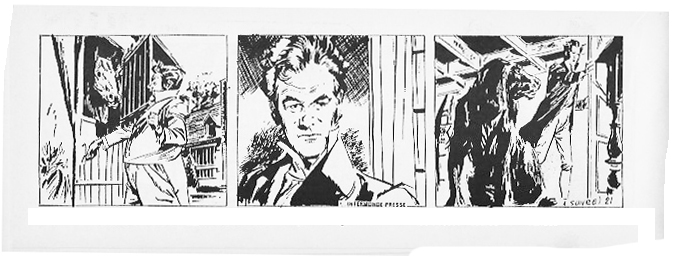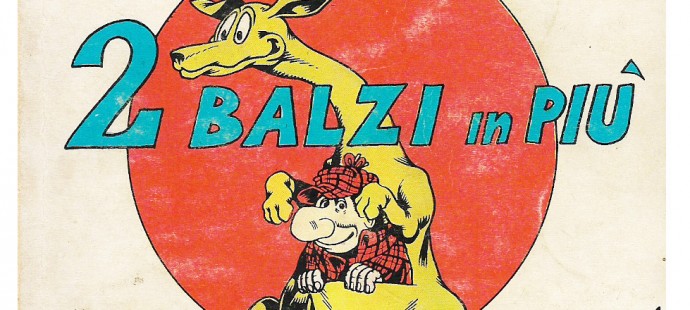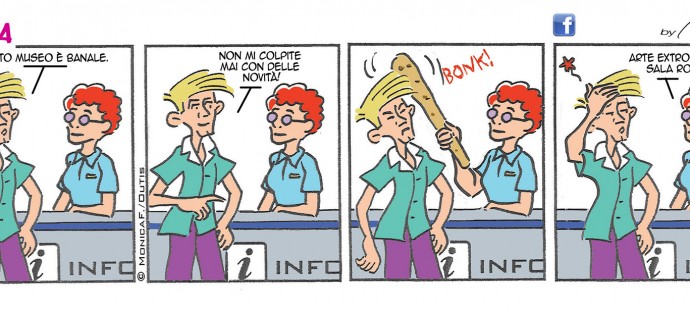
Fumetto settimanale: Mathias
Fumetto settimanale: Mathias Mathias #21 fumetto settimanale. Ogni settimana su la Nuova Cronaca di Mantova. Volumi – con pagine inedite – nelle migliori fumetterie e su outisfumetti.com Nuovo volume

Fumetto settimanale: Mathias Mathias #21 fumetto settimanale. Ogni settimana su la Nuova Cronaca di Mantova. Volumi – con pagine inedite – nelle migliori fumetterie e su outisfumetti.com Nuovo volume

French comic strips golden age: Billon Daniel Billon (7 July 1927 – 7 January 2004, France) Daniel Billon was the son of artist Pierre Billon. He studied fine arts and ...

Fumetto alto e fumetto basso Si dice che il cinema italiano degli anni 50 sessanta che tanto plauso ha raccolto in critica e premi, compreso qualche Oscar in realtà non ...

1971, fine giugno con data luglio, 46 anni fa usciva il numero 25 di Alan Ford: Due balzi in più.

Xtina sunday comic strip Xtina Comic-strips are centered on the life of Xtina in her work as assistant in a Museum. Xtina’s chronicles the daily challenges of a worker. At work, ...